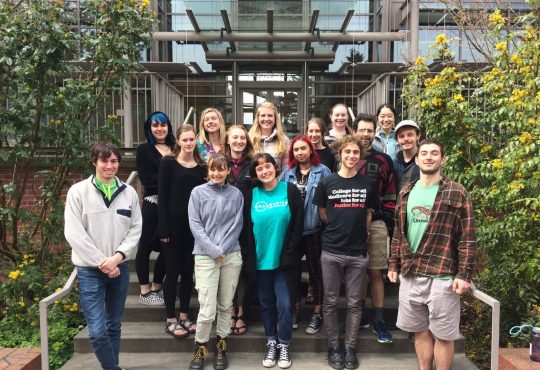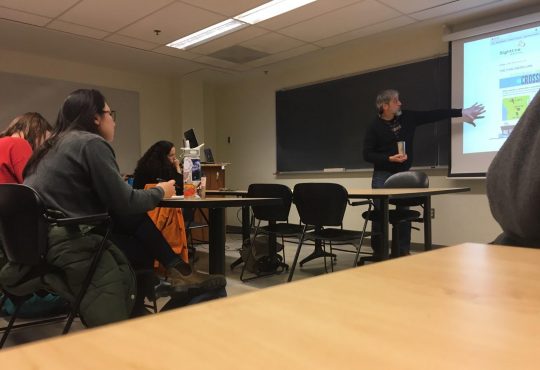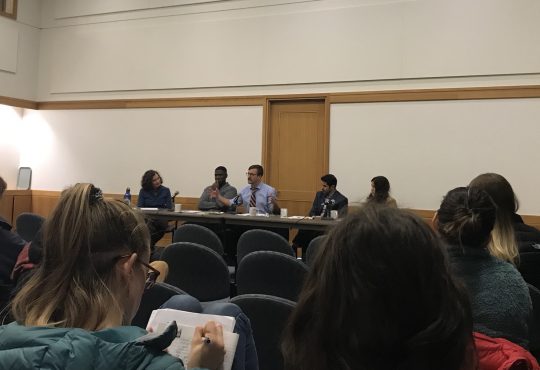The ECO club at University of Puget Sound is raising questions concerning the private companies in which the school is investing. They are concerned that part of the Endowment fund is being invested in energy companies that are not sustainable.
“We cannot get the information about what specific companies it is. We basically want to get the Board of Trustees to direct the firm that manages our money to not invest in coal or any other extreme energy sources,” club member Luke Janssen said.
Students involved in the ECO club as well of supporters of sustainable energy sourcing want to find out where exactly this portion of the money is going. The ECO club is in the process of investigating this.
“We have found out that 0.2 percent of the endowment portfolio is invested in the Filthy 15 (the top 15 coal and mining companies), 1.6 percent is in the Carbon Underground 200 (the top 200 fossil fuel companies), and 10.9 percent is in private hydrocarbon,” Emily Smaldone, ECO President, said. “While these numbers are fairly low, what matters to us is not the amount of money involved but the political statement the University is making by lending its assets to these environmentally damaging companies.”
The school’s endowment fund, invested in companies in order to make profit, goes to school expenses including faculty salaries and student financial aid. The school’s supporters, including alumni, donate to the University’s endowment.
“They also have an investment in private energy, they invest in a third party, so there’s an investment brokerage firm that the school gives the money to and they invest it, and pretty much we hire them to give us profit. And so that money then comes back to scholarships for the school,” Janssen said.
The ECO club has not had large success in creating a transparency between the student body and these investment decisions, although they have been trying to take down this barrier.
“Investment transparency might be the least likely outcome of this investigation. The managers PWP hires to invest its clients’ money make their living deciding how much to invest where, and that information is their intellectual capital—trade secrets, so to speak. Those managers are not legally required to divulge their secrets, and there’s little chance of getting them to do so,” Smaldone said.
With the endowment totaling over $300 million, students from the ECO club believe that they have a right to know where this money is being invested, as it reflects the values of this institution.
“I think it is just something that is really in line with the values of the community here, and I would like to think that the administration would reflect values that the students hold. And I think they’re just lagging behind at least when it comes to environmental issues,” Janssen said.
Puget Sound is conscious of its environmental impact and has recently complied with student requests for sustainable practices, including the implementation of water-refill stations and the abolishment of plastic water bottles at the S.U.B.
“However, as an institution, Puget Sound only seems willing to make environmentally-oriented policy changes when it is certain that these will not threaten the school’s financial bottom line or make it less appealing to its targeted prospective student base,” Smaldone said.
The school’s investments may prove to be out of touch with the values of students, faculty, and the Tacoma community, and the ECO club is attempting to make things clearer. They are tying to support the campus’ goals of being more sustainable while still attaining the school’s yearly financial goals.
“You can invest ethically and have socially responsible investment and not affect your bottom line. You can still have the same amount,” Janssen said.




